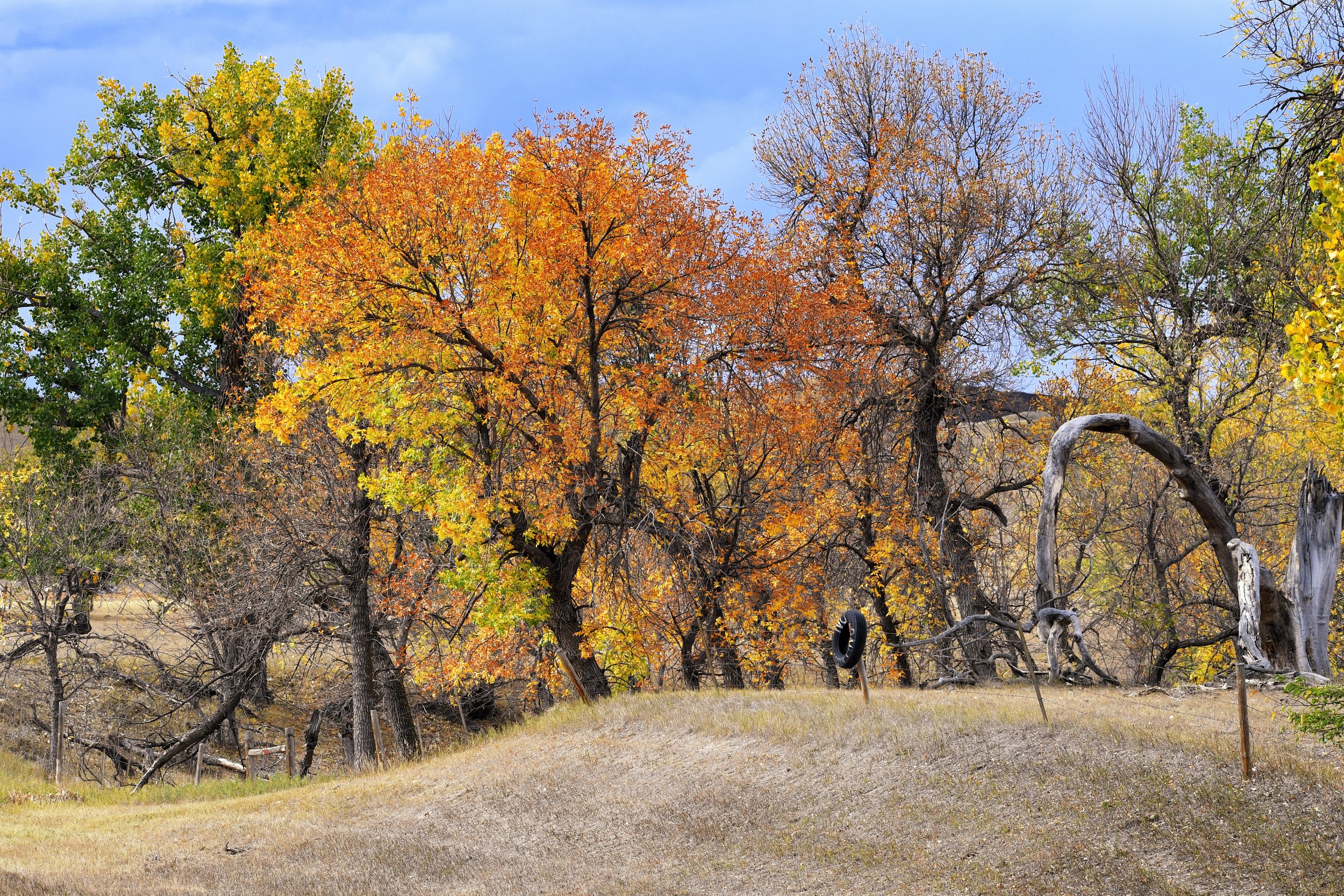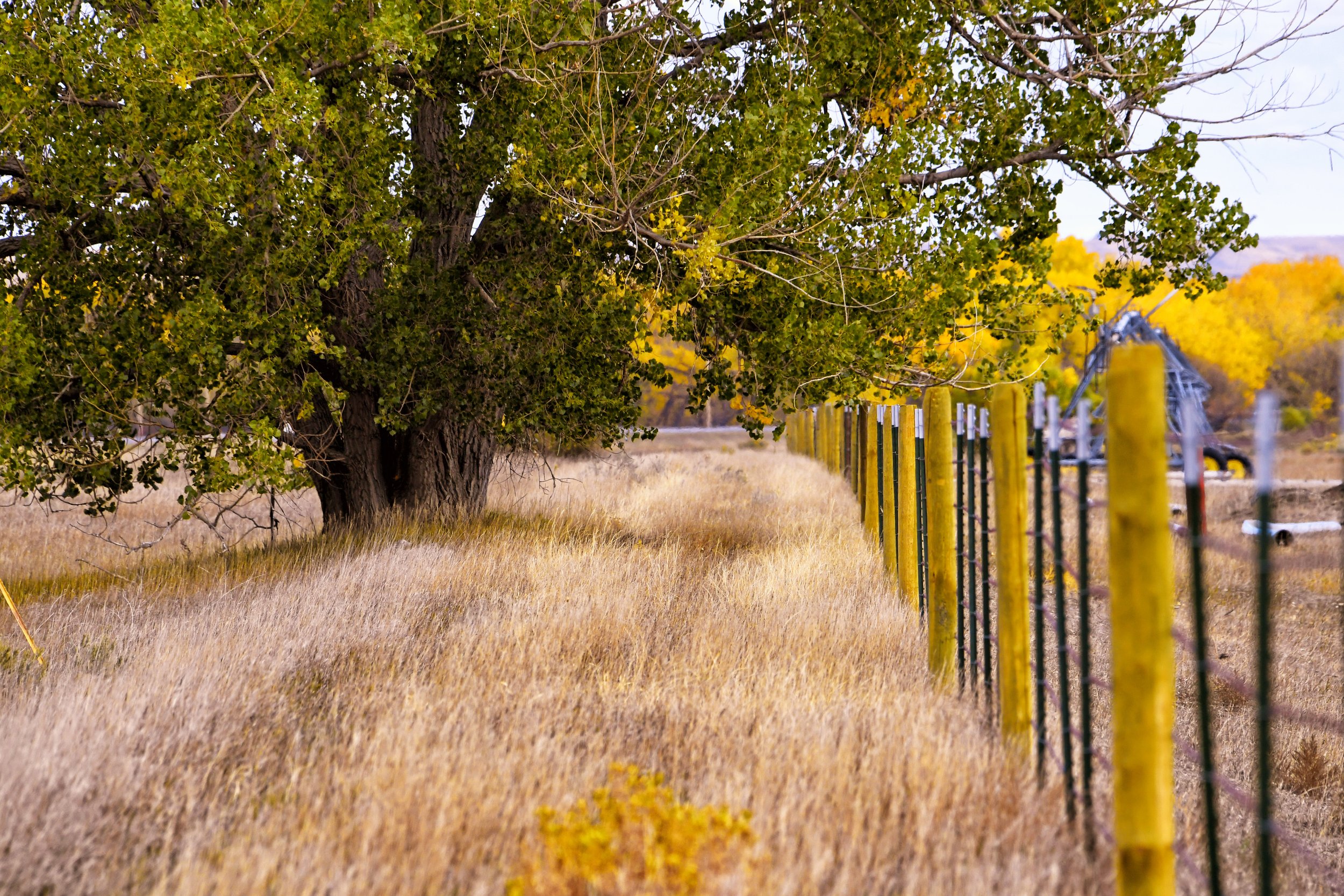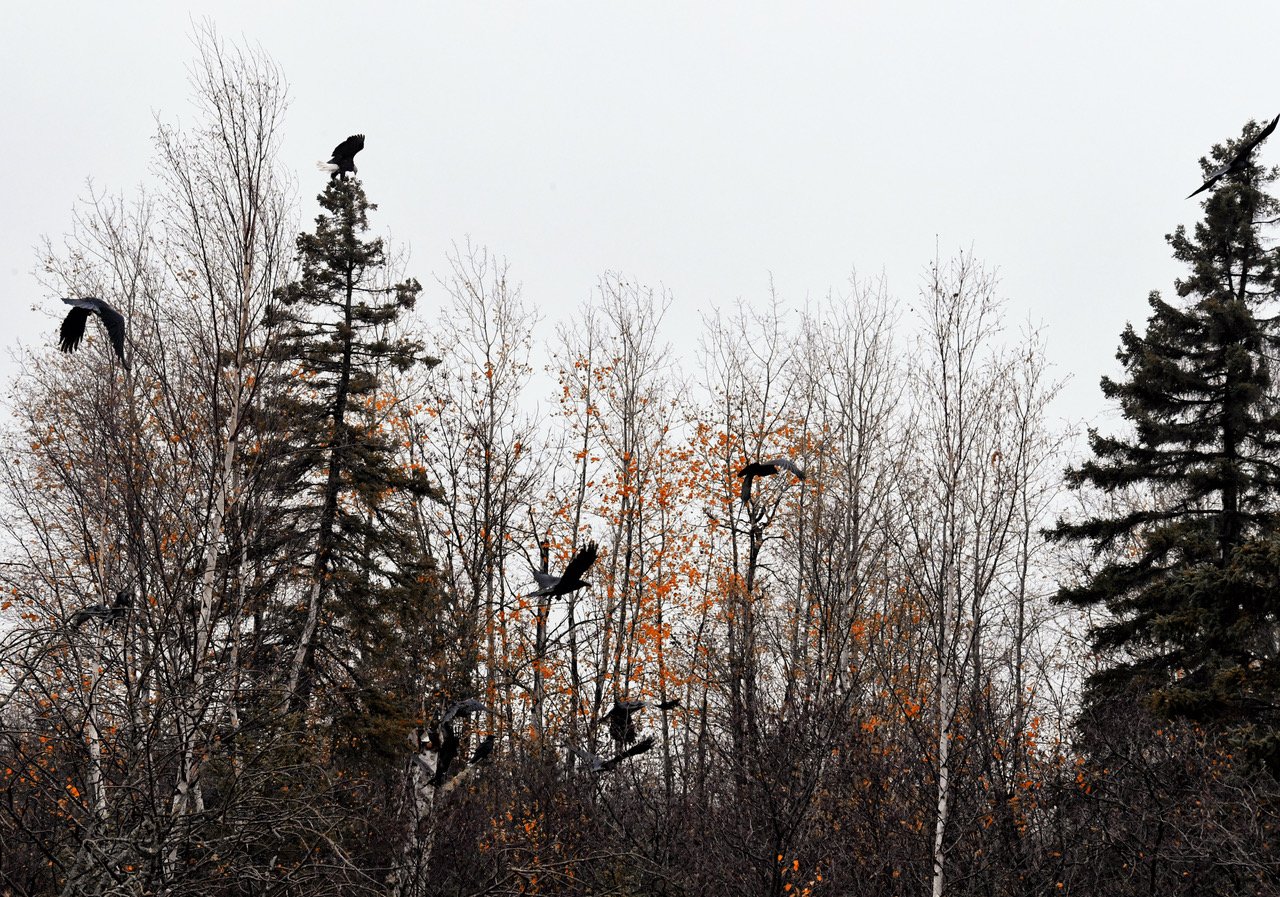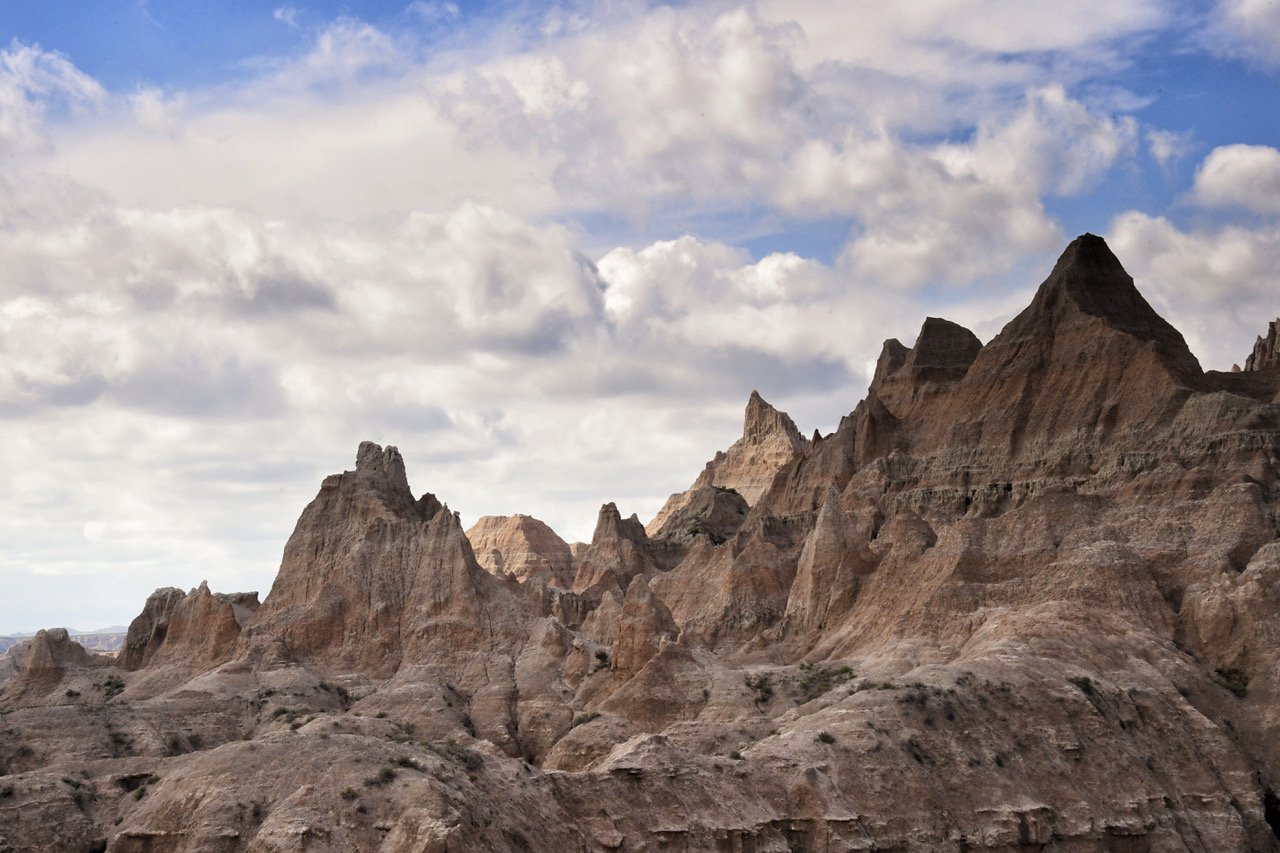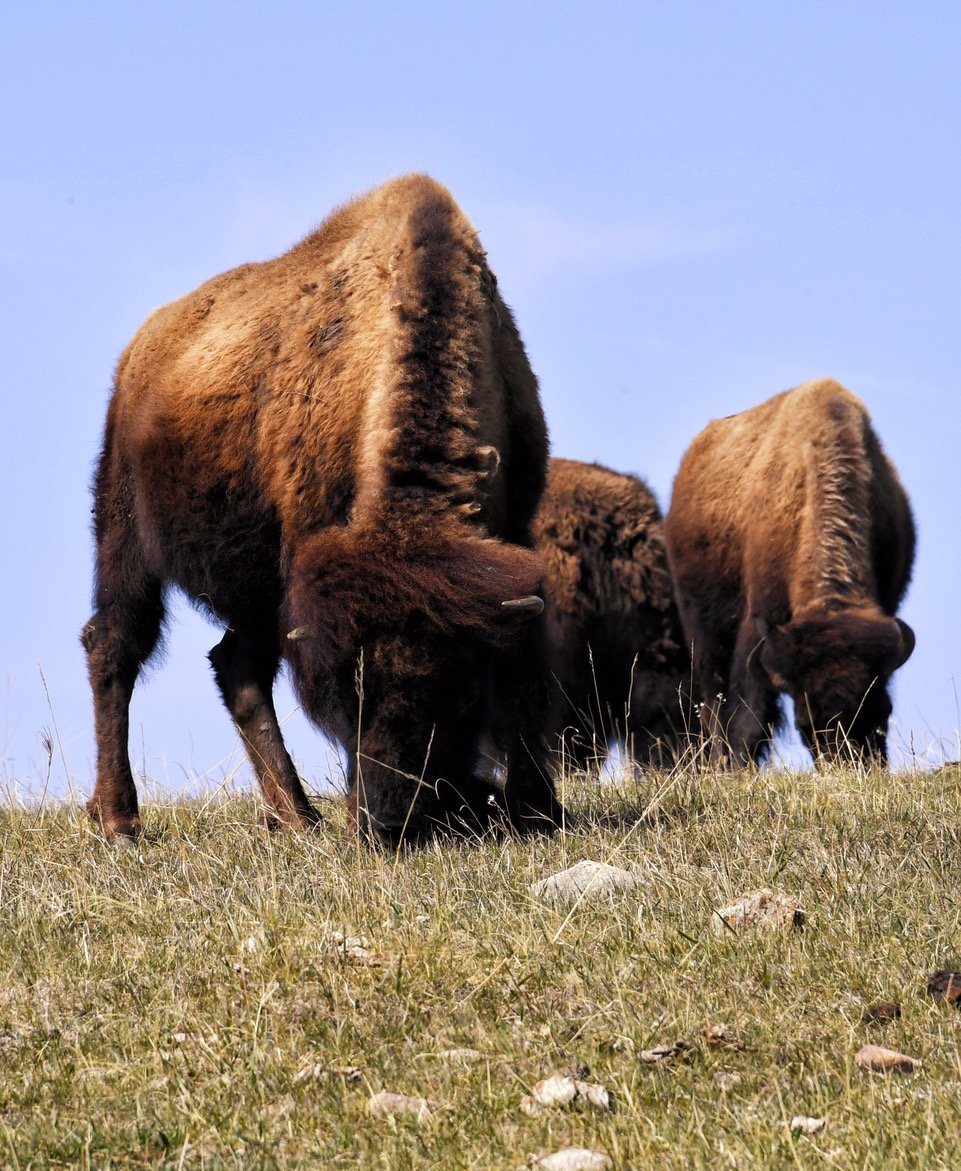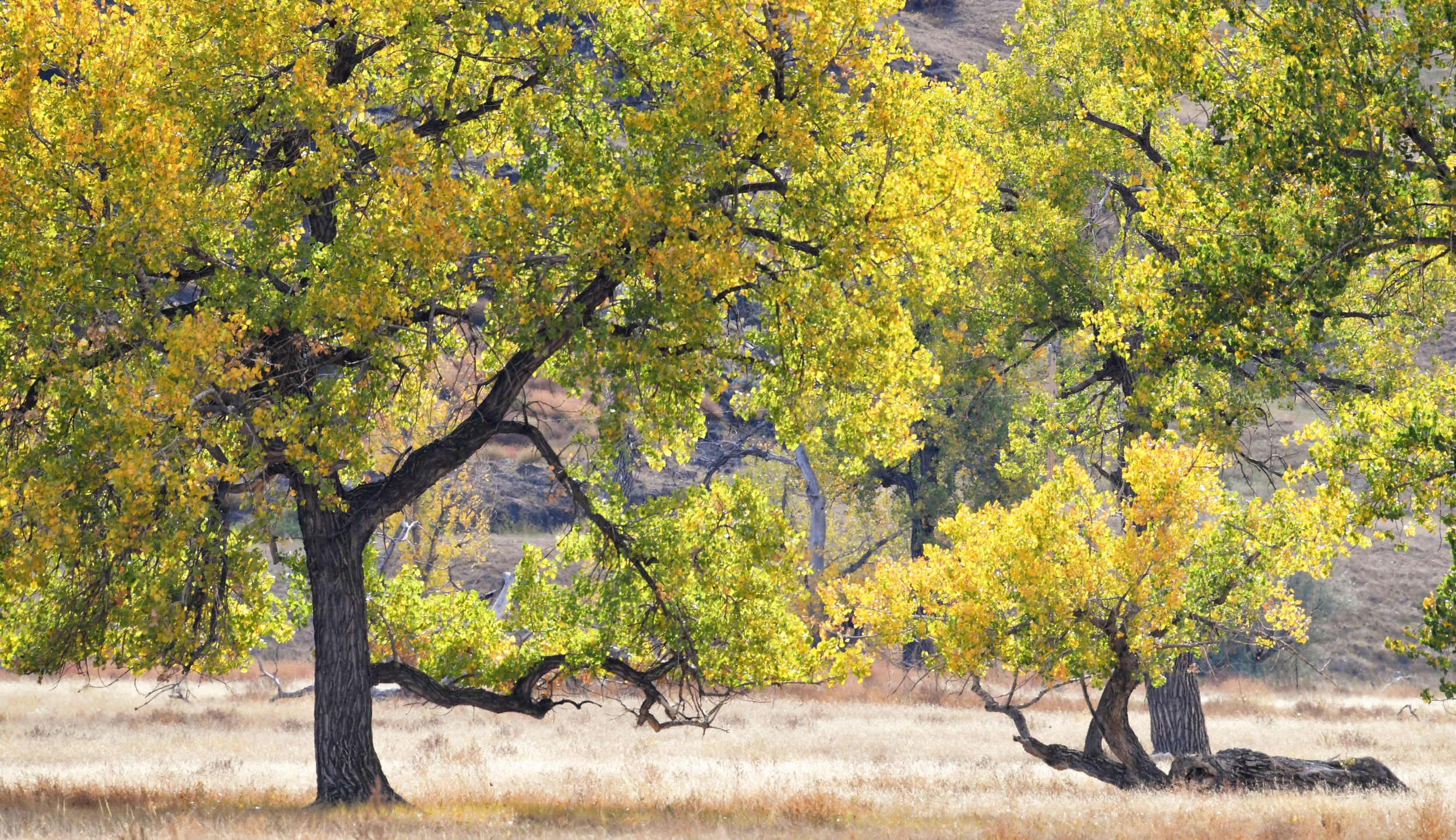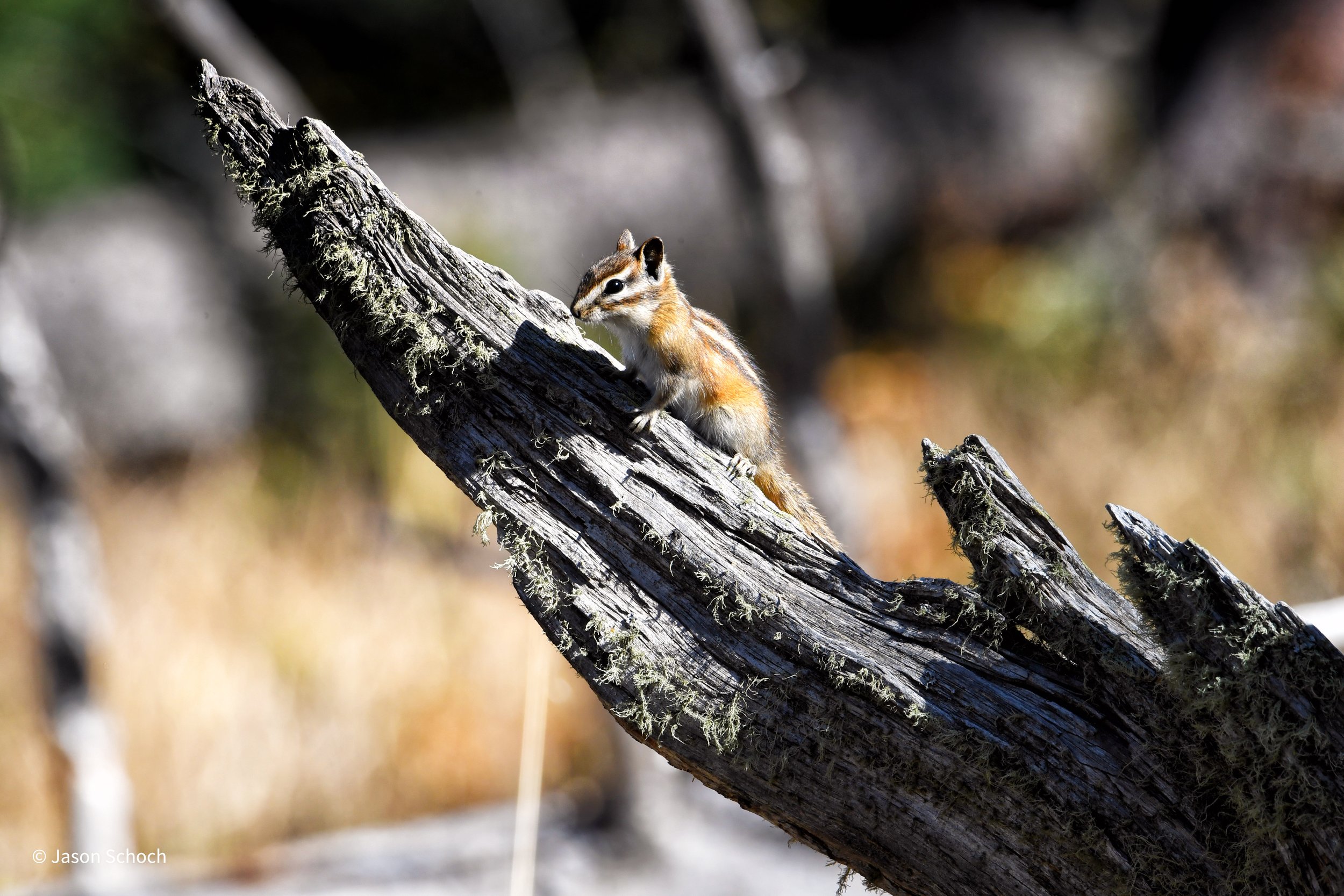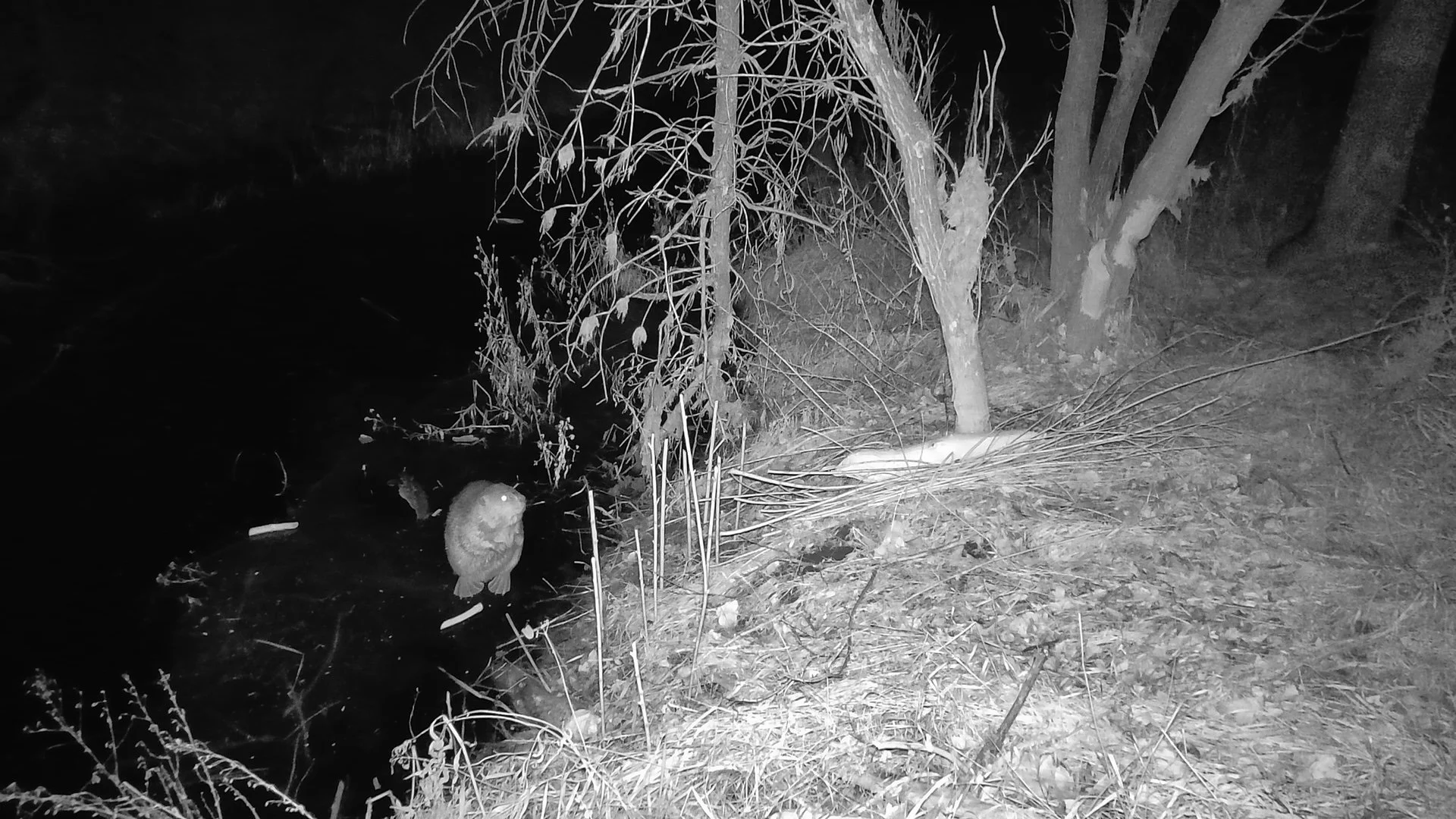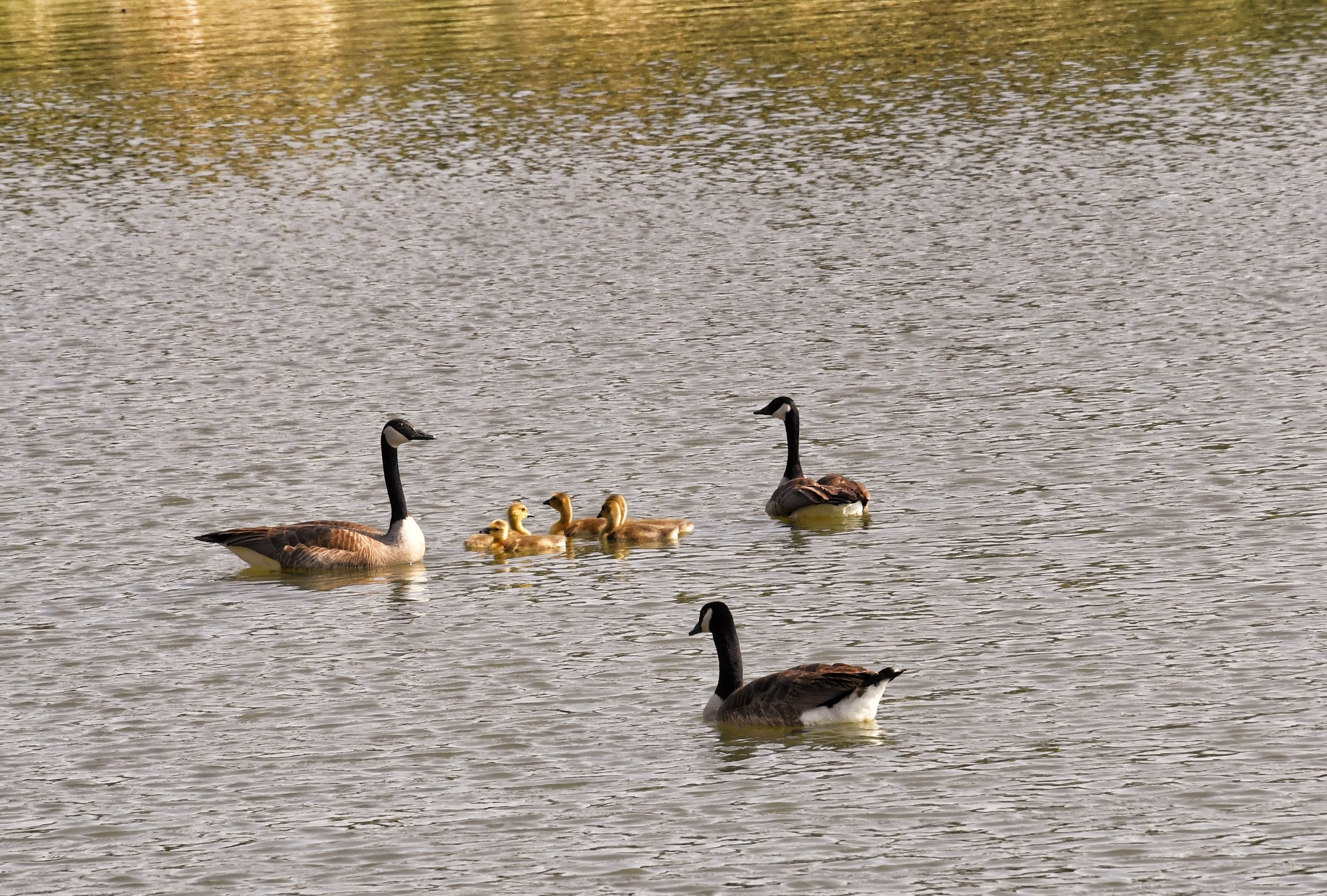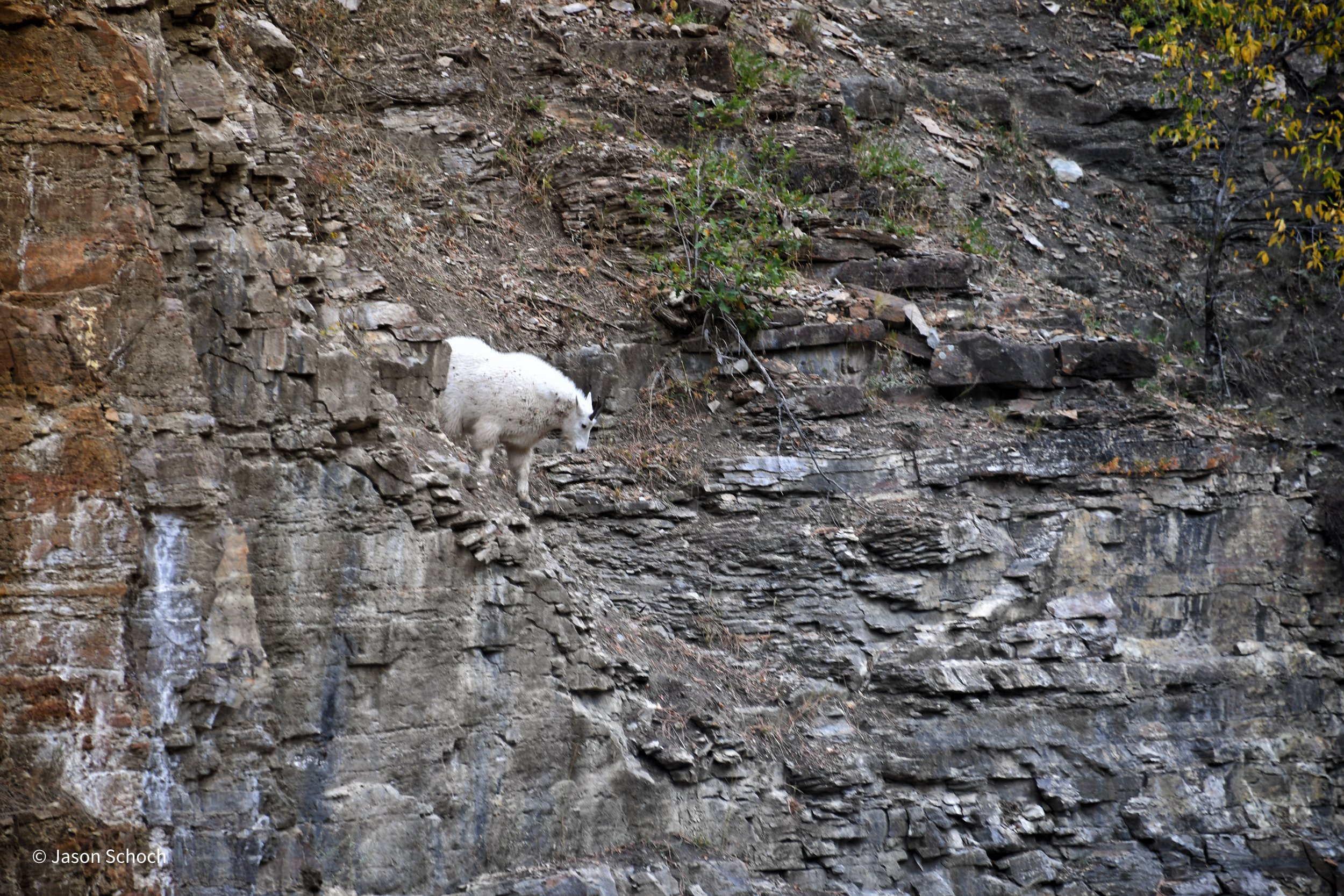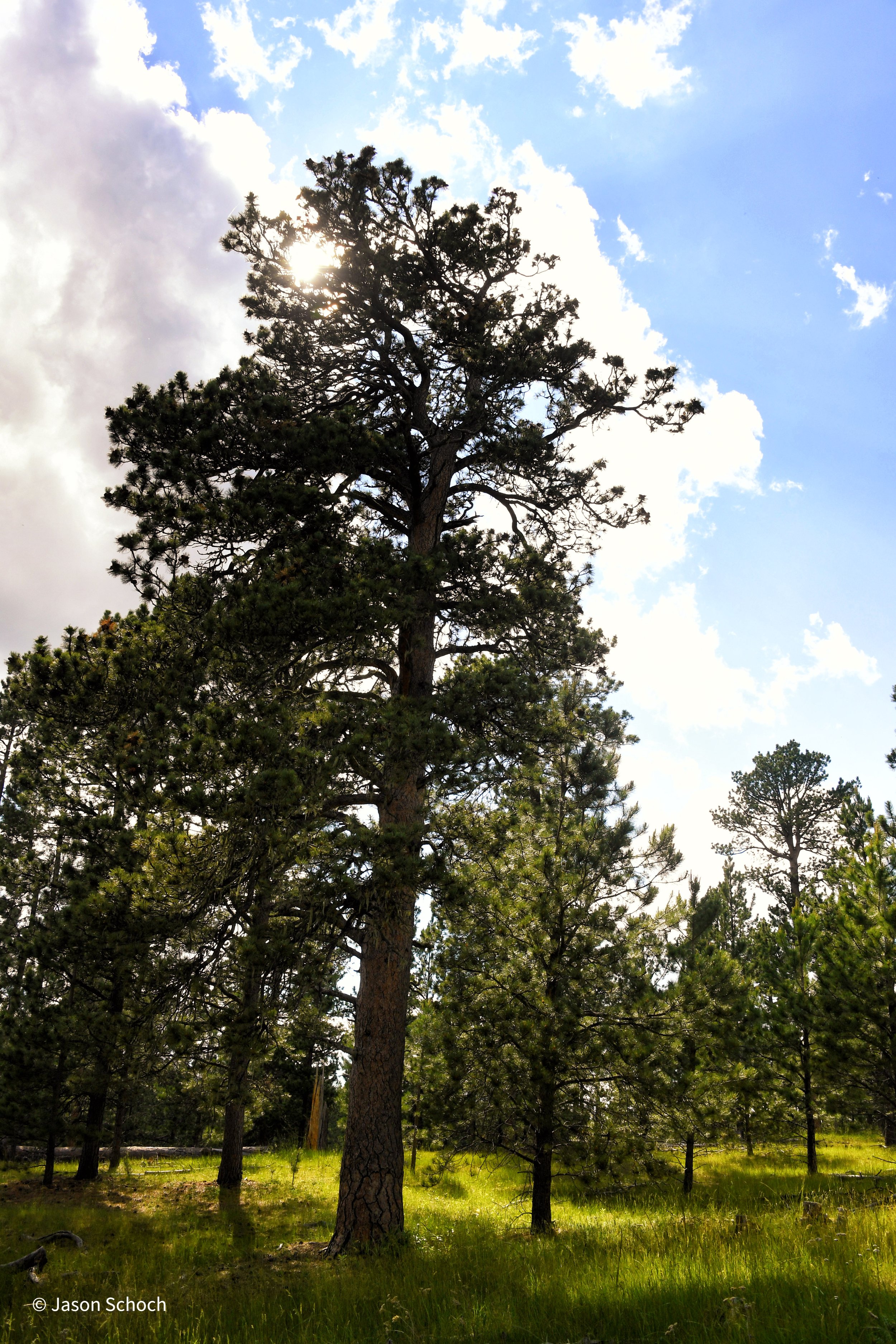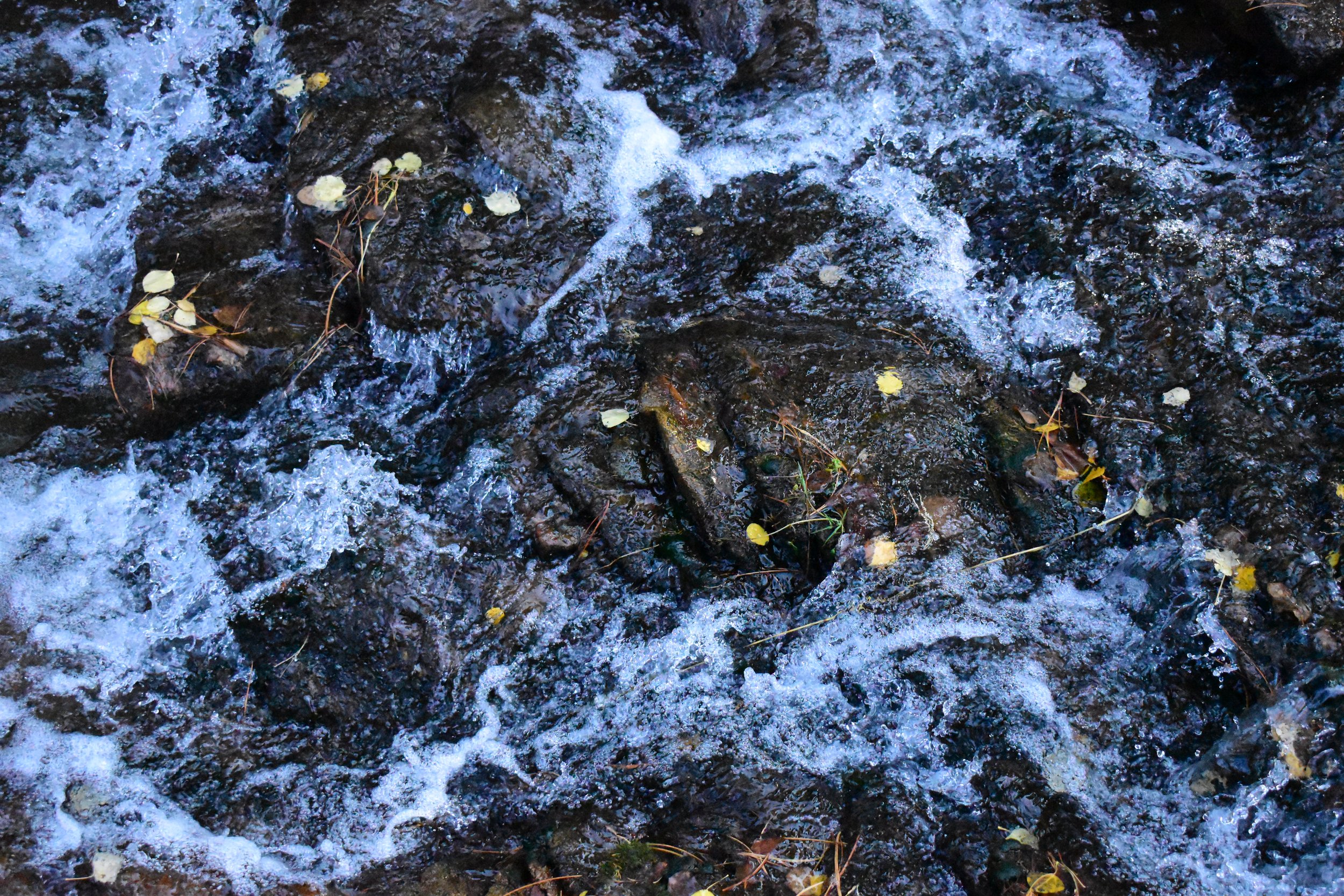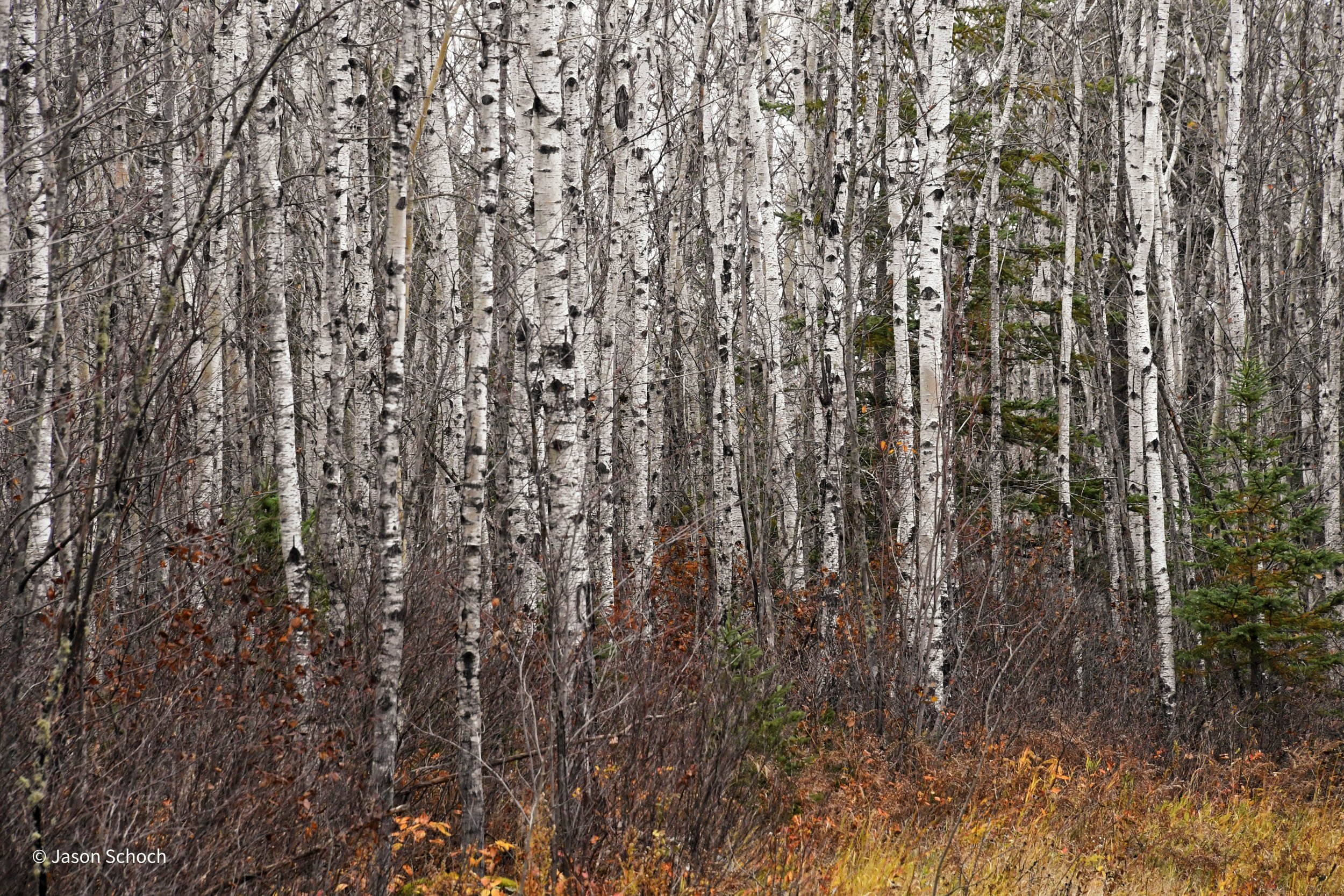
Our Philosophy
Rebel West Farm & Conservancy was created in 2023 with the idea of “Bringing the Wild back to the West”…
At Rebel West Farm & Conservancy, we believe that conservation and restoration are for everyone, not just for the wealthiest amongst us, nor just for large, global NGOs, nor even just for governments. We believe in bringing diversity, equity, and inclusion to conservation through rewilding and regenerative farming- everyone deserves a seat at the table because this is everyone’s home. Our landscapes are being degraded and our rural communities are struggling because too many crucial decisions have been taken out of people’s hands. We all have a right to discuss and work on restoring our degraded landscapes, addressing biodiversity loss, and we all should have a say in how our food is produced.
Conventional, industrial-scale agriculture and other extractive industries such as mining and fossil fuel exploration are leading causes of biodiversity loss, climate change, pollution, and the lack of equity, especially in how and where our food is produced. For Indigenous people and people of color, acquiring land, accessing capital, and getting their voices heard by the decision makers is almost non-existent and, where it does exist, it’s often regulated only to opportunities to volunteer or to donate. It’s a known fact that in the United States of America, agricultural producers are getting older, farming operations are getting larger, and conventional approaches to both agriculture and conservation at landscape-scale are exacerbating this.
Government agencies and large, landscape-scale only conservation organizations focus almost entirely on what many call “fortress conservation”, where we protect the land from the people. Yet, people are a part of the environment and people are behind many of the threats, so people must also be part of the solution. Large NGOs focus on keeping people who aren’t donors or scientists off the land and focus on vast land acquisitions that take many years and millions of dollars to pull off. They create jewels of conservation and biodiversity, yet ignore 80% of the world’s remaining biodiversity-rich lands which exist on working lands such as farms and ranches and rural communities, often in Indigenous-controlled areas. As large and beautiful as these protected areas are, they are mere islands in a sea of working lands- islands that preserve a mere 20% of Earth’s remaining biodiversity- islands cut off from each other. These same large NGOs often don’t work with landowners whose acreage is deemed “too small” and many won’t work with Tribal Nations and tribal landowners due to the complexities of Indian Land Tenure when it comes to establishing enforceable conservation easements. We’ve heard this from Tribal members directly. Federal agencies focus primarily on water and soil conservation practices primarily to work with conventional agriculture and treat wildlife as game populations to be managed for sport hunting by humans or as potential conflicts with human agricultural operations and urban sprawl. If these approaches were going to work, they likely would have in the last century plus.
We need to change the paradigm and to do so, we need organizations that will support local, smaller landowners and working lands managers that have, for too long, been ignored. These small-holder landowners need to know that they matter and deserve our attention.
What we are proposing is the creation of a Black Hills Rewilding Center and a broader program and patchwork approach to conservation, restoration (rewilding), and food production on small holder lands. Each acre matters and when stitched together, they’ll form corridors of connectivity, linking not only to each other, but also to the larger already protected areas. When you fly over the Northern Great Plains and look down upon its landscape, you already see this patchwork quilt, but it’s almost entirely conventional agriculture. It’s time to revolutionize this quilt and work with these landowners to create corridors connecting biodiversity together. We call this the Patchwork Project.
Landowners (large and small) of these working lands have a big role to play in helping us create this patchwork quilt approach to conservation and rewilding. Along the edges of their operations and holdings, in their marginal lands not suited to agriculture, and especially along their wetlands and riparian areas, we will work with them to establish practices that create a balance between their operation’s needs and the need to have areas set aside for connectivity, conservation, and rewilding efforts. This isn’t just for farmers and ranchers. This approach encompasses small towns, schools, and even your own backyard- everyone has a seat at our table. Subsistence farming is farming. Gardening is farming. These efforts take the support of a community and so community is at the very heart of what Rebel West Farm & Conservancy is all about. From our proposed Black Hills Rewilding Center, to your farm or ranch, your backyard, your main street and your sovereign held Tribal lands, we want to work with you to both mitigate and adapt to a changing climate, saving and restoring biodiversity, all while producing the food we all eat, in ways that give back to the land and the people. At Rebel West, we believe in putting people and food back into the forefront of agriculture and we strongly believe that food production must be both biodiversity and wildlife-friendly, regardless of the size of your operation.
Thank you for your support.
All photos property of Jason Schoch 2024

